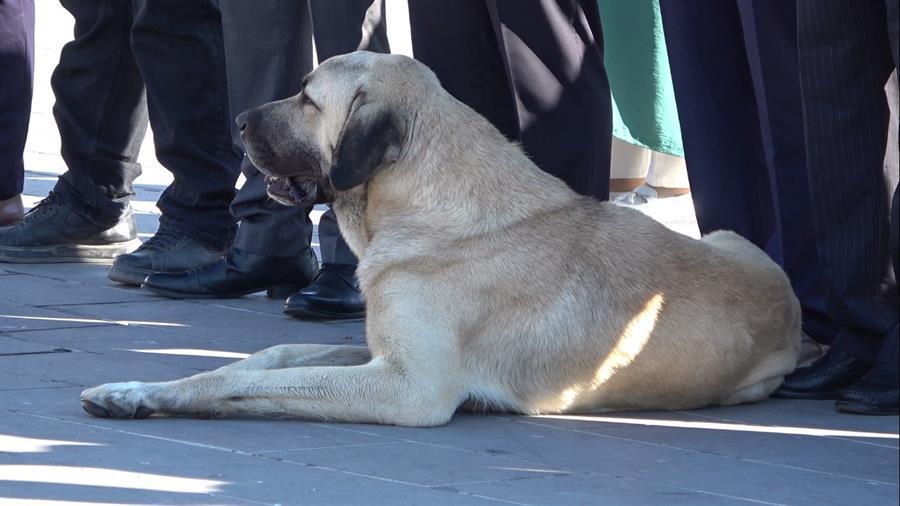Sterilization gap fuels stray animal issue: Ministry
ANKARA

With the escalating issue of stray animals being brought before the parliament, the Agriculture and Forestry Ministry has criticized local authorities, asserting that the sterilization efforts for stray animals fall significantly short of the reproduction rates.
Many provinces across the country engage in debates concerning the problem of stray animals, especially dogs, which occasionally lead to severe injuries. The parliamentary petition commission, meanwhile, scrutinized petitions addressing the surge in stray animal population, soliciting information from relevant public institutions.
"Ambient measures for controlling the population of homeless animals are administered by local authorities. However, the spaying numbers carried out by local administrations remain markedly below the breeding figures," stated a written statement dispatched from the ministry to the parliament.
“Additionally, due to the mandatory return of rehabilitated animals to their original environment, the number of unowned animals on the streets cannot be effectively reduced,” the statement appended.
The instruction on stray animals requires stray animals to be taken, collected and transported to rehabilitation centers for spaying/neutering and treatment, and after a period of observation and confirmation of their regained health, they should be released back to their previous locations,
The Environment, Urbanization, and Climate Change Ministry also reported that within the last five years, more than 1.3 million animals have been sterilized, 2.7 million have been vaccinated and rehabilitated, and 274,940 have been adopted in the country.
Providing details regarding registered street dogs, the ministry revealed that in Istanbul alone, nearly 129,000 dogs continue their lives on the streets. The figures stand at 450,000 for the western province of İzmir and 90,000 for the capital Ankara, respectively.
In an effort to incentivize adoption, The Union of Municipalities of Türkiye put forth suggestions such as offering a monthly cash support to adopters, assigning one animal to each school for fostering communication between students and animals, and encouraging businesses to prepare pet food from surplus meals and canned fruits and vegetables in wholesale and marketplaces.
Türkiye has recently been added to the “High-Risk Countries for Rabies'” list by the Centers for Disease Control and Prevention (CDC) in the United States. This development is believed to be linked to the surge in rabies cases in recent years, further fueling public debates as some people who were bitten succumbed to the disease.
"Rabid dogs are commonly found in Türkiye. If you are bitten or scratched by a dog or another mammal while in Türkiye, rabies treatment may be limited or unavailable. If your activities will involve being around dogs or wild animals, consider getting the rabies vaccine before your trip," advised the CDC on its official website for tourists visiting Türkiye.
Numerous experts and veterinarians similarly caution that local authorities' vaccination efforts for street animals are inadequate, emphasizing the need for a consistent spaying campaign and a reduction in the population of stray animals.
















